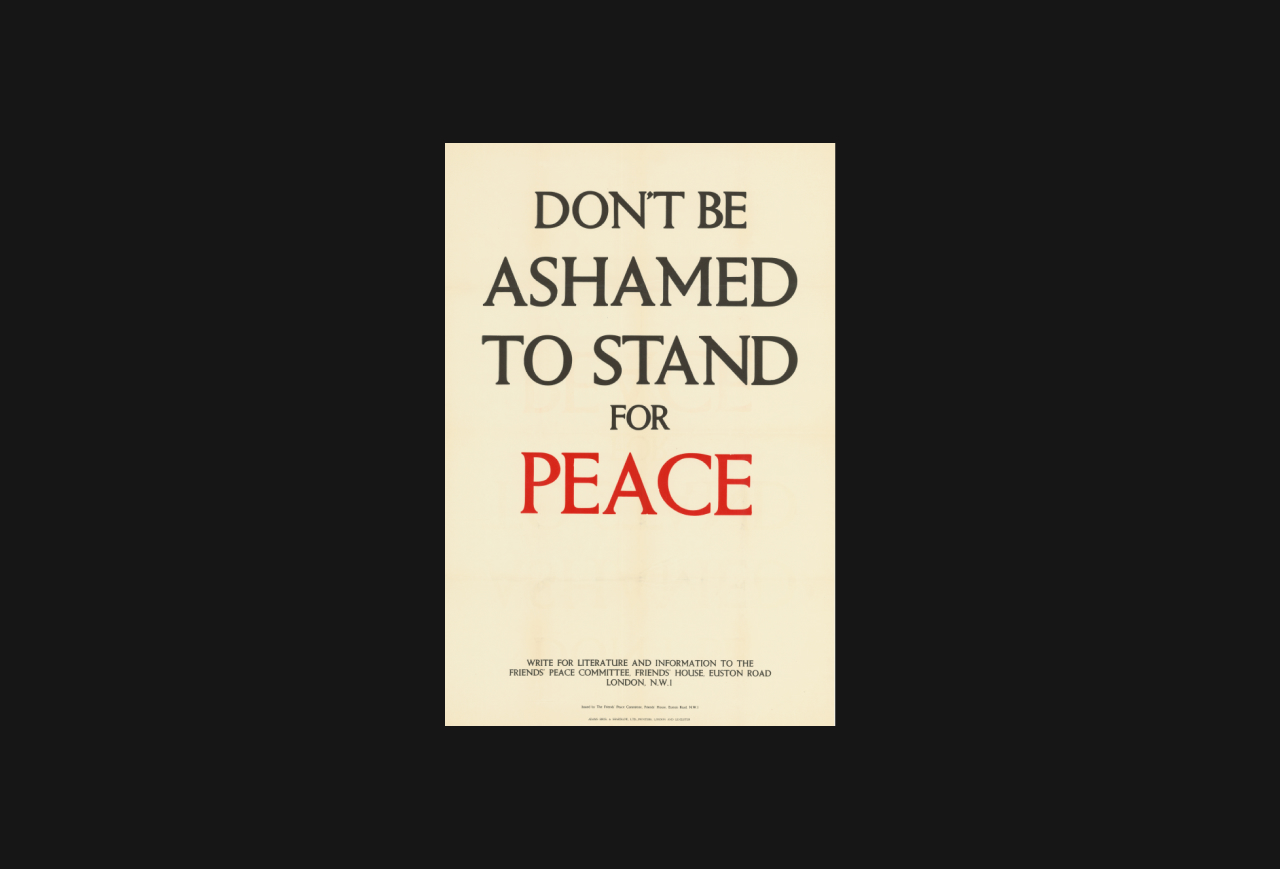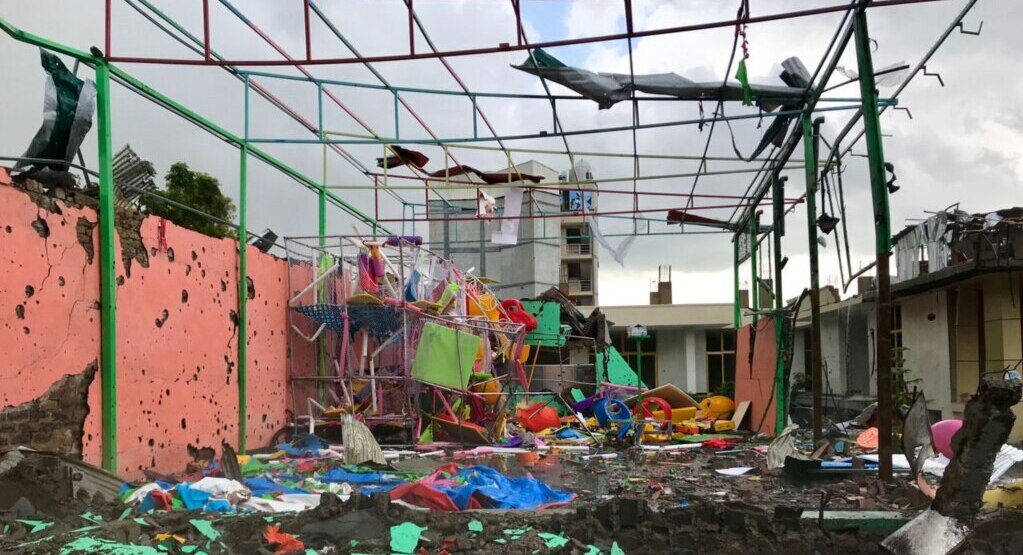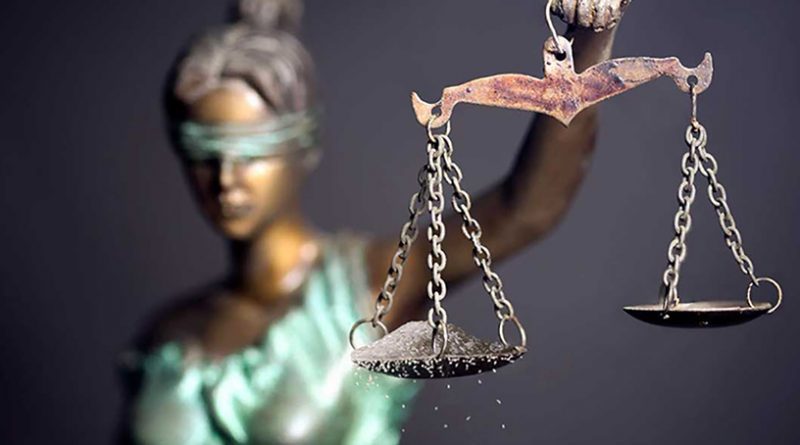Here are some things we have done that made a tangible difference.
Sometimes it is helping voice speak out of darkness.
Number one is receiving, recording and publishing a phone call from our friend and colleague Mulugeta Gebrehiwot. In January 2021, in the depths of the war and genocide in Tigray, Ethiopia, Mulugeta called. It was the first time to hear from him since the Ethiopian and Eritrean forces overran Tigray in their spree of murder, rape, starvation and pillage, and we had no idea who had survived and who had not. We released the recording and transcript of Mulugeta’s call. Tigrayans heard a voice of hope as well as an unvarnished account of the destruction.
At other times it is coining a phrase that captures a concept.
A great example is the term ‘starvation crimes’, invented by Bridget Conley to refer to the array of different criminal acts involving starvation. Sometimes, a word or a phrase is essential to frame an agenda, surpassing any painstakingly articulated argument. This is an example. The first published usage is in our joint article, ‘The Purposes of Starvation: Historical and Contemporary Uses,’ in the Journal of International Criminal Justice in 2019. It’s now common usage among advocates, lawyers, humanitarians and journalists.
Another case is the term ‘Red Sea Arena.’ This helps us focus on a region that isn’t united by shared institutions or identities, but instead defined by the fact that it’s place for contest. I used the term first for a consultation of the African Union in 2017, and later in an occasional paper on the rival visions for peace and security on the African and Middle Eastern shores of the Red Sea, but today it’s on the agenda for global peace and security.
Looking back over decades of writing, broadcasting, teaching and activism, the greatest impact is through influencing students. A decision-maker can be shifted at the margin. Activist coalitions can take on board good ideas. But real change takes a generation. Many times, I come across professionals, sometimes former students but often people I don’t know, whose thinking and even career choices have been shaped by things I have written or said.
And in the world of peacemaking, the highest quality influence is the least visible. That’s why, when a peace process wears a brand, it’s devalued, and why peace prizes so often leave a sour taste. Peace is its own prize. The best sign that peace negotiations have worked, is when the participants say, ‘we did this ourselves’.



